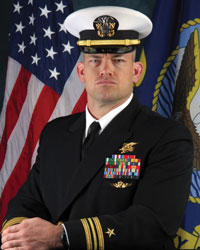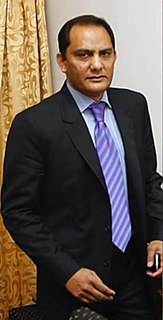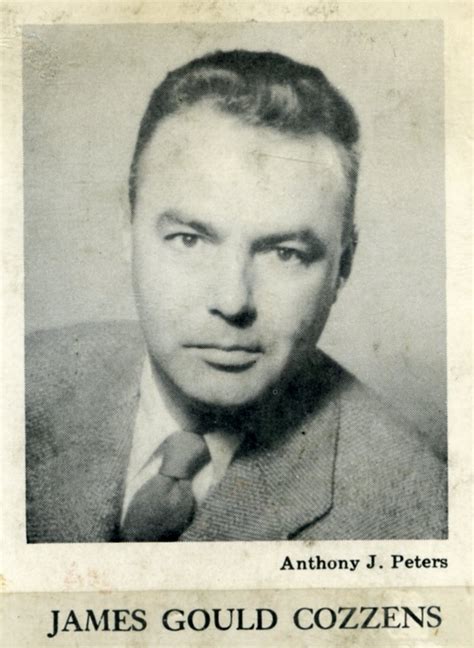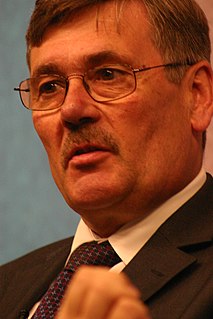A Quote by Leonardo Bonucci
Pirlo's a leader - a silent leader, but one who knows how to carry his team through difficult moments.
Related Quotes
Since the team understands that the leader is de facto in charge, in that respect, a leader has nothing to prove. But in another respect, a leader has everything to prove: Every member of the team must develop the trust and confidence that their leader will exercise good judgment, remain calm, and make the right decisions when it matters most.
The manager administers; the leader innovates. The manager has a short-range view; the leader has a long-range perspective. The manager asks how and when; the leader asks what and why. The manager has his eye on the bottom line; the leader has his eye on the horizon. The manager accepts the status quo; the leader challenges it.
A leader is someone who has the courage to say publicly what everybody else is whispering privately. It is not his insight that sets the leader apart from the crowd. It is his courage to act and speak up when everyone else is silent....are those who would rather challenge what needs to change and pay the price than remain silent and die on the inside.
Visualize a wagon wheel as a complete team. A leader might be the hub of the wheel at the center. Now suppose the spokes are the connecting relationships the leader is building with people on the outer rim of the wheel. If the hub is removed, then the entire wheel collapses. In a situation like that, if a team loses the leader, the entire team collapses.
The leader beyond the millennium will not be the leader who has learned the lessons of how to do it, with ledgers of 'hows' balanced with 'its' that dissolve in the crashing changes ahead. The leader for today and the future will be focused on how to be - how to develop quality, character mind-set, values, principles, and courage.
The position does not make you a leader. The title, the promotion, the fancy corner office do not make you a leader. No, it is relationships with people that are the foundation, the very heart of leadership. Have you ever worked for someone you didn't like? It's difficult, isn't it? On the other hand, the leader you will follow anywhere and everywhere is one you know cares about you, and values you. This person has your best interests at heart. It is the leader who comes alongside to help you improve and grow.
Bailey might not have great intelligence or abilities, but his whole aim, thought and study was that of the born leader--to look out for himself; and he did it with that born-leader's confidence and intensity that draws along the ordinary uncertain man, who soon confuses his own interest and his own safety with that of the leader.
Fortunately or unfortunately, the one predictable thing in any organization is the crisis. That always comes. That's when you do depend on the leader: The job of the leader is to build an organization that is battle-ready, that has high morale, that knows how to behave, that trusts itself, and where people trust one another.




































